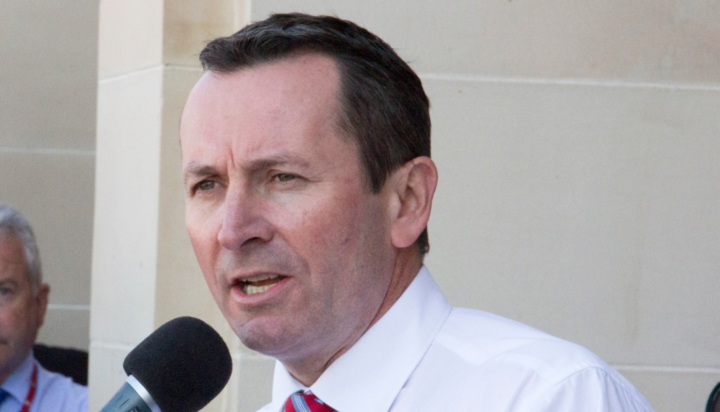Religious Freedom and the Ruddock Review
The Prime Minister today released the Religious Freedom Review and the Government Response to that Review. The Expert Panel has produced a significant and judicious Report that will form the basis for a better understanding and protection of freedom of religion in our community. We welcome the enormous amount of work done by the Panel under significant time pressure. The Report will be of great assistance to future legislative reform in this space. At several points it is clear the Panel have substantially engaged with or adopted the arguments made in the Freedom for Faith submission.
What is most disappointing however is the failure to implement a positive right to freedom of belief in Australian law. This reform is vital because of: the very limited scope of constitutional protection, the reliance on contested exemptions to anti-discrimination law, the inconsistent and incoherent patchwork of laws across the country, and the fraying social consensus around the place of religion. A positive right at Commonwealth Law expressed generally, or even a more limited right in relation to schools, would solve most of the contentious issues before the Parliament.
We welcome the Government’s acceptance of what it describes as the central conclusion of the Religious Freedom Review, that “there is an opportunity to further protect, and better promote and balance, the right to freedom of religion under Australian law and in the public sphere.”
The Government plans to implement the recommendations of the Religious Freedom Review in three categories:
- Fourteen recommendations are to be implemented as soon as practicable (being recommendations 2 to 4, 9 to 14 and 16 to 20). Generally these are the issues which will be least contentious and should be capable of ALP and cross party support. We will report them in more detail in due course. They pick up reasonable and necessary amendments to existing Commonwealth legislation relating to freedom of religion, including amendments to marriage law, charities law and objects clauses in existing anti-discrimination legislation. If there is bi-partisan support then these matters could be dealt with in a general amendment bill when Parliament returns.
- Recommendation 15 – to implement a Religious Discrimination Bill to provide comprehensive protection against discrimination based on religious belief or activity. The Government has chosen not to introduce a Bill but to first engage in consultation with Opposition, cross-bench and stakeholders. The Australian reported this as ‘religious freedom to become an election issue based on plans to make it illegal to discriminate on the basis of religious belief’. It would be unfortunate to see religious freedom politicised in an election. The proposal should not be controversial – Commonwealth law already gives the equivalent protection to race, age, disability and sex. Careful work will need to be done of course on drafting; and
- Five recommendations which relate to anti-discrimination laws (being recommendation 1 and recommendations 5 to 8) will be referred to the Australian Law Reform Commission (ALRC) A reference from states and territories will enable national reform. The twin purposes of legislative reform will be: (1) limiting or removing altogether (if practicable) legislative exemptions to discrimination based on a person’s identity, while also (2) protecting the right of religious institutions to reasonably conduct their affairs in a way consistent with their religious ethos. Put bluntly, the issue of discrimination in schools has been put into the political ‘too hard’ basket for this parliamentary term. The parliamentary year ended in a stalemate between the parties over this issue. As the Report itself notes (1.244) the law in this area is complex and there should be concern to avoid unintended consequences that may flow from proposals in this area. So while a referral to another process of legal reform may be frustrating, on balance we welcome the opportunity to let cooler heads prevail. It will mean that the February sittings of parliament do not have to be taken up with the spectacle of rushed legislation and grandstanding.
We now look forward to the ALP response to the Review. The ALP has many times made clear its commitment to protecting religious freedom. Now is the opportunity to demonstrate that commitment.
To the extent that it is possible, we would welcome any bipartisan agreement that de-politicises religious freedom.






